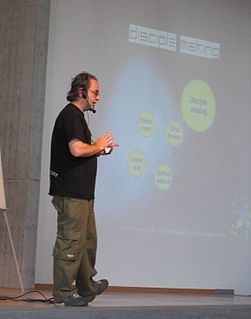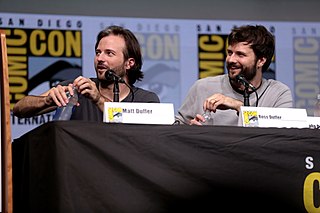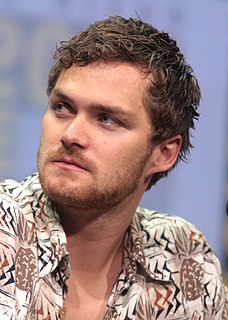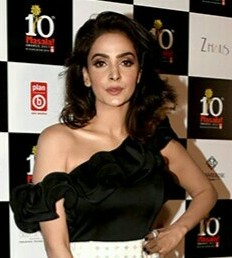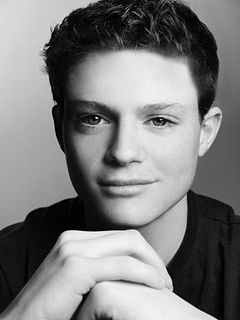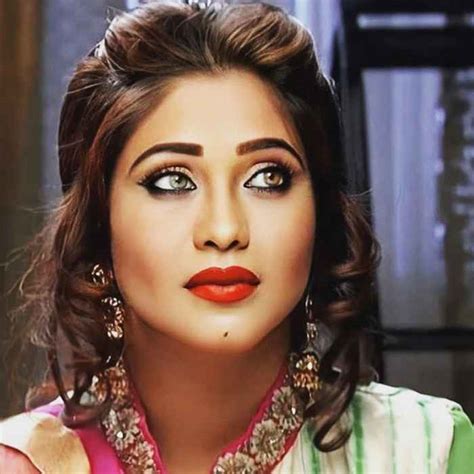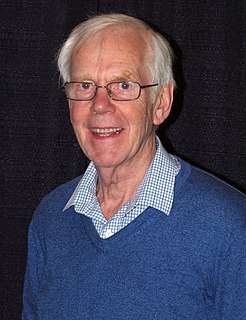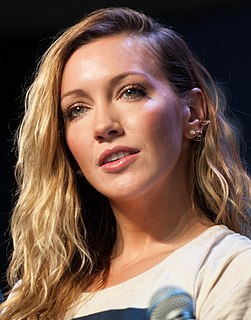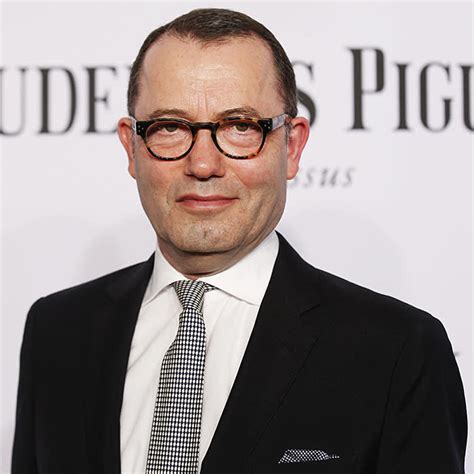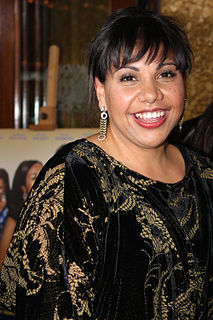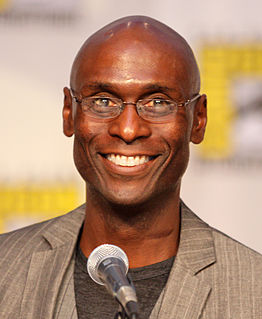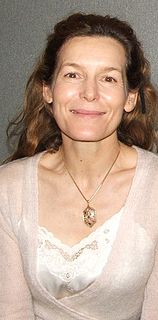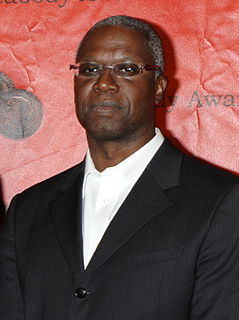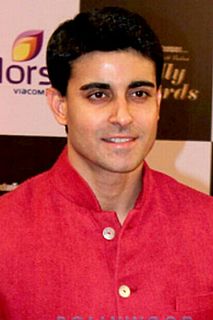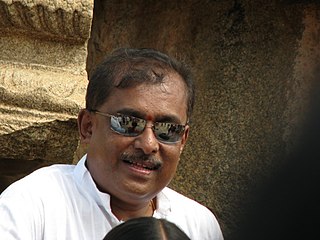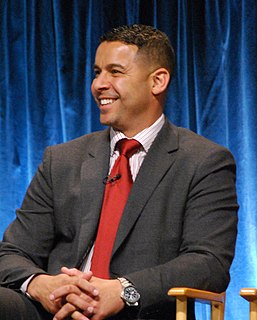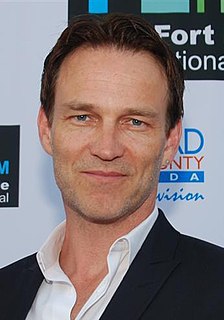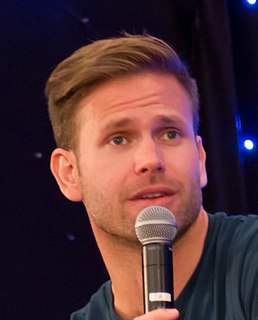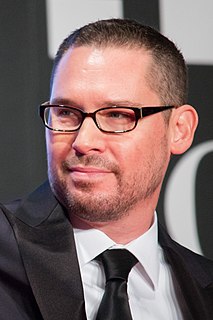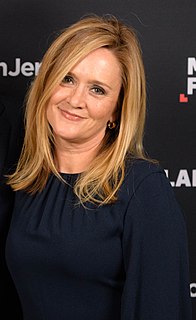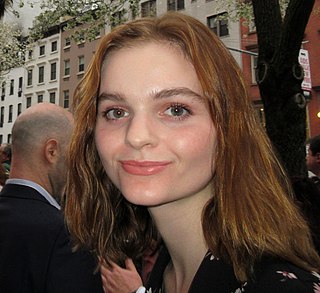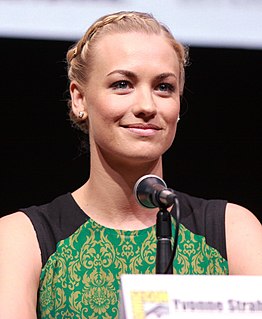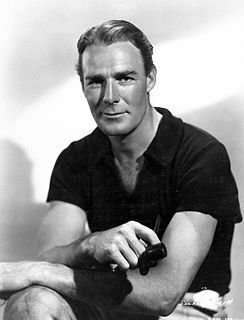Top 1200 Film And Television Quotes & Sayings - Page 2
Explore popular Film And Television quotes.
Last updated on November 26, 2024.
New platforms are emerging: Netflix, Amazon, Hulu and Xbox. And film actors are gravitating towards television, because there are basically better roles there. Television is making the kind of epics and genres that the movie studios used to make, and often doing it better with more complex narratives and corresponding budgets.
Television's getting better because people are investing more money and time and respect into it. But the secret weapon of television is that, because it's a slow burn, you get to meditate on things and develop them. As opposed to film, where you have an allotted amount of time and hopefully you can wrap it up in there.
The first thing I say when people ask what's the difference [between doing TV and film], is that film has an ending and TV doesn't. When I write a film, all I think about is where the thing ends and how to get the audience there. And in television, it can't end. You need the audience to return the next week. It kind of shifts the drive of the story. But I find that more as a writer than as a director.
Our biggest art forms are film and television, and there hasn't been a great film about 9/11 yet, nor has there been a great television series. Something like The Wire gives us a rich and fully achieved picture of the wasteful, cruel War on Drugs; something like The White Ribbon gives a perspective on World War I that could only have been presented long after the event itself.
'Thrones' would be the perfect platform to send a progressive message because right now, our politicians aren't telling us any truths. It's hard to find a good, meaningful message, so I think it's up to storytellers, television shows, and films to have an impact on the world conversation. Is that not what film and television is for?
With comics, you don't have to worry so much about budgetary constraints. In film and television, however fanciful you want to be, someone can come up to you and go, 'Okay, this is going to cost X amount of dollars, and we only have so many days to film this.' With graphic novels, you can have that alien invasion you've always wanted to see.
I was coming from a theater background. I had an obsession with classic film and cool, interesting, intelligent television. I didn't really understand the way the mainstream television industry worked. I just thought "The wire is so good that it's going to be a huge hit, and we'll get awards up the yin-yang forever." That's what I thought!
When '36 Chowringhee Lane' was released in 1981, I was a student of the Film and Television Institute of Tamil Nadu. Everyone who had seen the film was very impressed with its flawless direction and acting. But we, cinematography students, were stunned by the visual style, which was truly international.
Film and television are very different. On the TV show, we do seven or eight scenes a day, so time and money are of the essence, and we have zero room for creativity because you've got to do each scene in only five takes. Whereas, on a film, you have an entire day to film one scene, so you have so much time to choose how you want to fill in a scene.
I think television is moving more into movies, particularly with serialization and almost cinematic proportions and expectations. A show like 'Game of Thrones' is a perfect example of that, or even a show like 'The Wire,' which isn't all about instant gratification it's about inviting someone into the long experience of television the way you'd be invited into a theater for two hours. So I think in that way, and the quality of writing in television is probably much better than most film writing.
The Australian film industry is a small industry, so you have to really be flexible within working in different mediums. A lot of actors work in theater, film, and television, because there's not much opportunity in terms of employment there. So you do have to be resourceful and be able to flex your muscles artistically.
I'm very conditioned by my surroundings, by the influences of social media, by the television I watch. And I always found, growing up, that even inspiring female characters or complex female characters in television and film, I often found that their complexity was actually just another facet of their sexuality.
I think poets are supposed to be writing for television and film. I grew up in the day of early TV that was so raw and funny, and I think we're in the next important moment of television, where it's really telling the epic of the culture like Charles Dickens was doing in the 19th century with his serialized novels.

